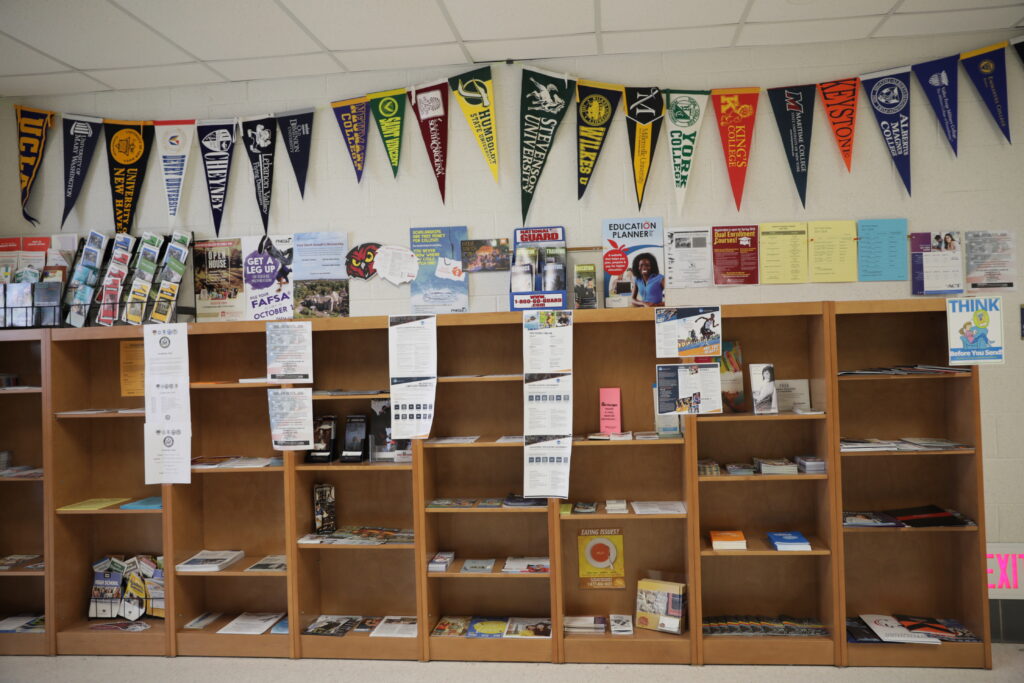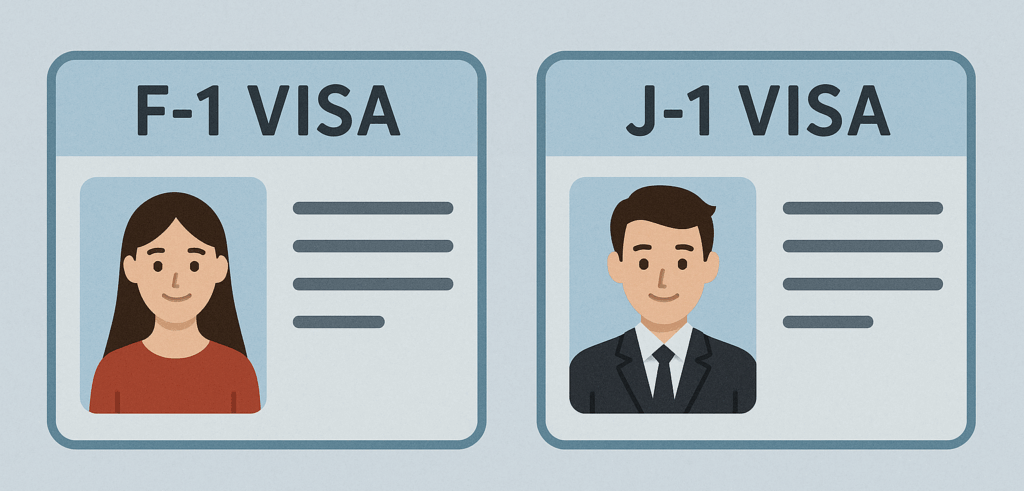A Practical Guide for International Students Navigating the U.S. College Application Process

Table of Contents
Recommendation letters are an essential part of your college application. They provide insight into who you are beyond grades and test scores. A strong letter highlights your personality, work ethic, and how you contribute to the school community. For international students attending high school in the U.S., knowing when and how to ask—while also understanding who to ask—can make a big difference in your college admissions outcome.
Below is a step-by-step guide to help you navigate the recommendation letter process with confidence.
1. When Should You Start Preparing?
Before Asking: Build Relationships Early
The most impactful recommendation letters come from teachers who know you—not just your test scores. That means preparation should begin well before senior year.
Your goal should be to build genuine, respectful relationships with teachers who can speak about your academic ability, personal growth, and character. This process should start as early as 10th grade. You don’t need to be best friends with your teachers, but you do need to show consistent engagement, integrity, and growth in their class.
How to Build Strong Teacher Relationships:
- Be Present: Regularly attend class, arrive on time, and be attentive.
- Engage Thoughtfully: Ask questions, participate in discussions, and show curiosity about the subject.
- Demonstrate Effort: Turn in assignments on time, seek feedback, and apply it.
- Connect Outside Class: Visit during office hours, talk about your academic goals, and show interest in learning beyond the textbook.
- Show Respect: Kindness, gratitude, and humility go a long way in building trust.
A teacher who has seen your struggles and successes will be much more equipped to write a compelling, detailed letter.
Spring of 11th Grade (March–June)
Start identifying which teachers have seen your academic growth and character. Choose teachers from core subjects (English, Math, Science, History, or Foreign Language) who can highlight different aspects of who you are.
Summer Break (June–August)
This is the perfect time to make your request. Teachers will appreciate being asked early before the school year becomes busy. Politely let them know which colleges you’re applying to, your deadlines, and why you value their recommendation.
Remember, while actual submissions open when applications do, early notice gives teachers more time to prepare high-quality letters.
Fall of 12th Grade (August–October)
Most recommendation letters are finalized in early fall. Make sure your recommenders have everything they need. Confirm that letters are submitted before your earliest deadlines—especially if you’re applying Early Action or Early Decision, which typically fall around November 1.
2. How Should You Ask for a Recommendation Letter?
① In-Person Request (Best Option)
Ask your teacher after class or during office hours. Be polite, specific, and sincere.
You might say:
“Hi [Teacher’s Name], I’m preparing my college applications and would be honored if you’d write me a recommendation letter. Would you feel comfortable doing that?”
② Email Request (If In-Person Isn’t Possible)
Make sure your email includes:
- A warm greeting and expression of gratitude
- A brief reminder of who you are and your contributions to the class
- A list of colleges and application deadlines
- (Optional) A “brag sheet” summarizing your achievements, goals, and extracurriculars
3. Who Should You Ask?
Most colleges require three letters of recommendation:
✅ Two Subject Teachers
Choose teachers from your 11th-grade core subjects:
- STEM majors → Math or Science teacher
- Humanities majors → English or History teacher
Choose teachers who know your academic ability and personal qualities. Ideally, one letter highlights your intellectual strengths, and the other focuses on your work ethic, creativity, or growth.
✅ One School Counselor
You don’t need to request this—your counselor will automatically write a letter. However, you should still be proactive:
- Schedule a meeting to discuss your college goals
- Share your activity list and personal statement
- Let them know what you hope the letter can emphasize
4. How Are Letters Submitted?
Most U.S. colleges use the Common Application or other platforms like Naviance or Scoir.
Here’s how the process works:
- You add your recommender in the system
- The teacher/counselor receives a unique email link
- They upload the letter directly, confidentially
🕒 Deadlines: Match your application deadlines. For Early Action/Early Decision, ask teachers to submit their letters 1–2 weeks early if possible.
💡 Tip: Don’t wait until deadlines are close. Teachers may have multiple students requesting letters. Early planning ensures your application isn’t delayed.
5. Can a Former Teacher Write a Letter?
Yes! What matters most is how well the teacher knows you—not whether they’re still working at the school.
To make it work:
- Get their personal email before they leave the school (school emails may be deactivated)
- Register them as an “Other Recommender” on the Common App or Naviance
- Contact them well in advance
- Inform your school counselor so they can support the process if needed
🔚 Final Thoughts
Recommendation letters are not something you can rush. They are the result of months—or even years—of meaningful interaction and effort. The best letters reflect who you are as a student and a person, not just what grades you earned.
By taking initiative early, forming genuine relationships, and being respectful in your requests, you increase your chances of receiving powerful, detailed letters that help admissions officers see the full picture of who you are.



